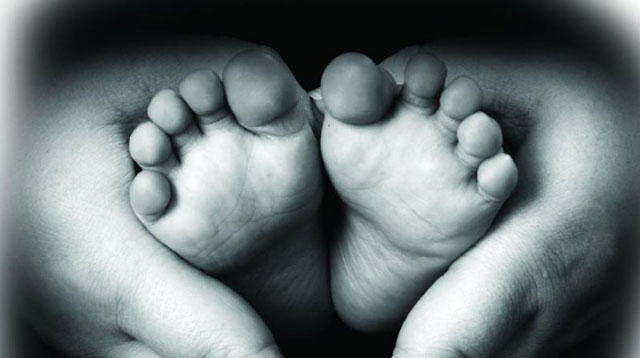Daijiworld Media Network - Mumbai
Mumbai, Oct 9: Groundbreaking research published in Science Advances in 2025 challenges long-held beliefs about human fertility, showing that women’s egg quality remains remarkably stable throughout reproductive years, while male fertility declines significantly with age.
For decades, women’s fertility has been closely associated with age, particularly after 35, when egg quantity and quality were thought to decline sharply. This belief fueled the “biological clock” narrative, highlighting increased risks of miscarriage and genetic disorders in older mothers. In contrast, men were traditionally considered fertile well into advanced age, with little attention given to the impact of paternal age on reproduction.

Researchers at Penn State University analyzed mitochondrial DNA (mtDNA) mutations in eggs from women aged 22 to 42 and compared them with mutations in blood and saliva cells. Mitochondria, the energy-producing structures in cells, were expected to accumulate mutations with age, potentially reducing fertility. Surprisingly, the study found that egg cells maintain stable mitochondrial DNA quality throughout reproductive years. While blood and saliva cells showed 17 to 24 times more mutations with age, egg mitochondria exhibited natural defenses that protect them from accumulating mutations. However, the study clarified that nuclear DNA mutations in eggs still influence fertility, miscarriage risk, and genetic outcomes in children. The findings suggest that mitochondrial mutations are not the primary driver of age-related fertility decline in women.
The study also confirmed that men experience a significant biological time limit. Sperm quality deteriorates with age due to DNA mutations accumulating during continuous sperm production. Older paternal age increases risks of miscarriage and neurodevelopmental disorders, including autism, in children.
These findings shift the focus toward shared fertility responsibilities. While women’s eggs may remain relatively stable, men need to be aware that delayed fatherhood can significantly impact reproductive outcomes. Couples should consider both partners’ reproductive health when planning for children.
Maintaining a healthy lifestyle, including balanced nutrition, regular exercise, avoidance of smoking, and controlled alcohol consumption, can support reproductive health. Regular fertility evaluations for both men and women, especially at advanced reproductive ages, are recommended. Understanding these biological realities can improve assisted reproductive techniques like IVF, ensuring higher success rates when couples are informed about both partners’ fertility profiles.
This research highlights the need to move beyond traditional stereotypes and promote awareness of how fertility changes for both men and women with age.